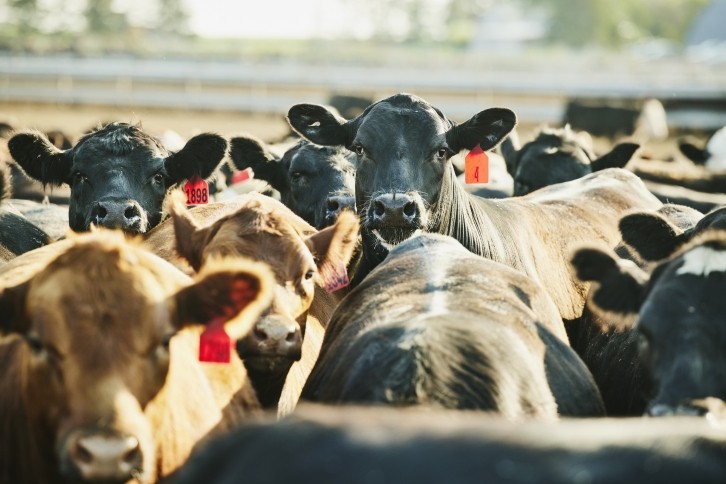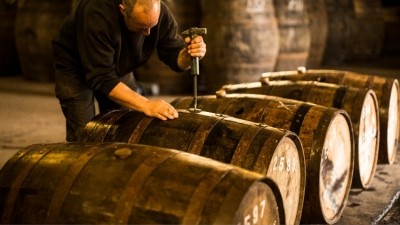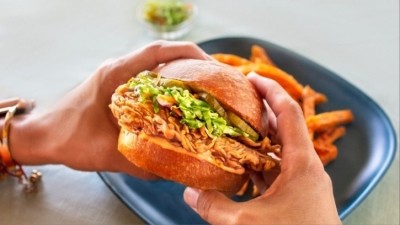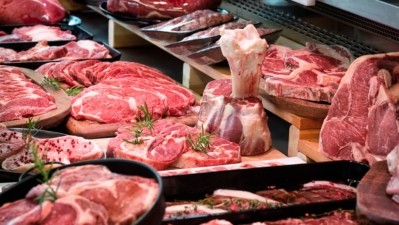News
Pilot project aims to decarbonise Welsh beef

The project – Decarbonising PGI Welsh Beef – will explore the impact of finishing beef cattle within a reduced rearing period on a business’ financial return, as well as the positive effect on the production of greenhouse gas emissions.
Successful applicants will receive free carbon audits and financial analysis which could lead to increased profits for their businesses. HCC is looking for 50 farmers to participate.
Russ Thomas, HCC policy development lead, said: “We are already working with farmers from Ceredigion and Carmarthenshire on this project and are pleased to offer the same opportunity to beef producers in north-west Wales now too. The purpose of this work is to develop efficiency within beef production systems in Wales and to ultimately help the producers make more money.”
Market intelligence
The project will analyse a combination of historic and current market intelligence – along with the participating farmers’ individual performance data – to map out ‘what-if’ scenarios for each business.
“By working with a group of 50 farmers, the work will generate information and results to inform the wider industry across Wales,” Thomas added. “These, it is hoped, will include increased Welsh prime beef output with reduced stocking density and emissions, brand improvement for PGI Welsh Beef with evidenced sustainability, and improved confidence in the beef sector for consumers.
“As the red meat sector comes under growing pressure to reduce carbon and methane emissions, it is important that we also consider our environmental practices. This project will consider both of these important aspects, with the aim of securing a profitable future of the sector.”
Standardisation
It’s through these investigations that the project hoped to create standardisation across the Welsh beef market to further improve the sustainability of the supply chain.
“Retail sales and buying patterns will always be the key influences that determine the target grade specifications set by the abattoir and processor and acceptable lighter weights can range from 225kg to 400kg deadweight,” Thomas continued.
In order to comply with the funding, participants must be Welsh speakers – provider the Arfor Challenge Fund aims to strengthen the relationship between the economy and the Welsh language by awarding grants to ‘pioneering solutions’ to community challenges.
Meanwhile, beef imports into the UK are rising, with Ireland seeing a particularly positive uplift, but an array of factors have helped to positively offset increases of exports into GB market.















